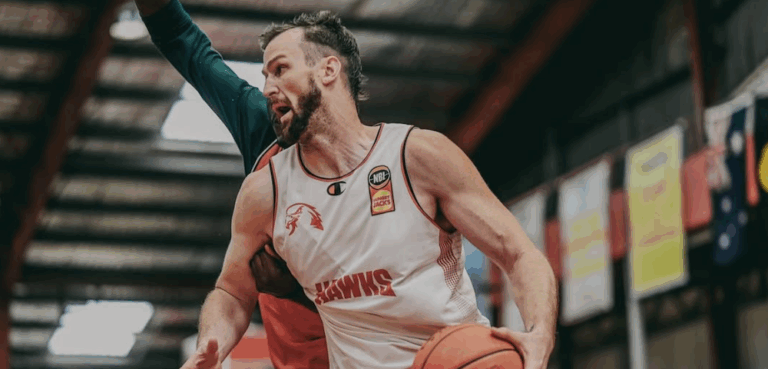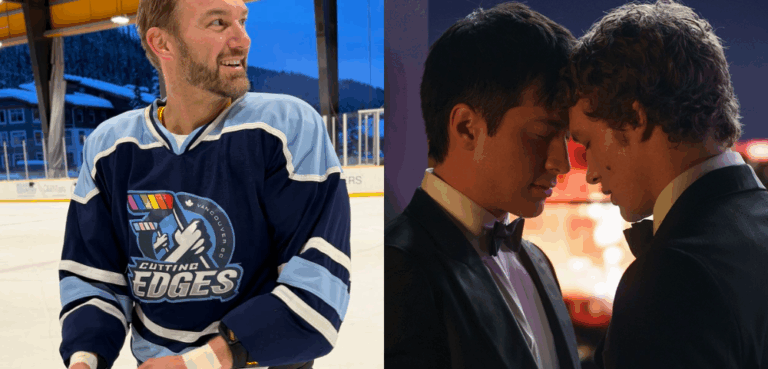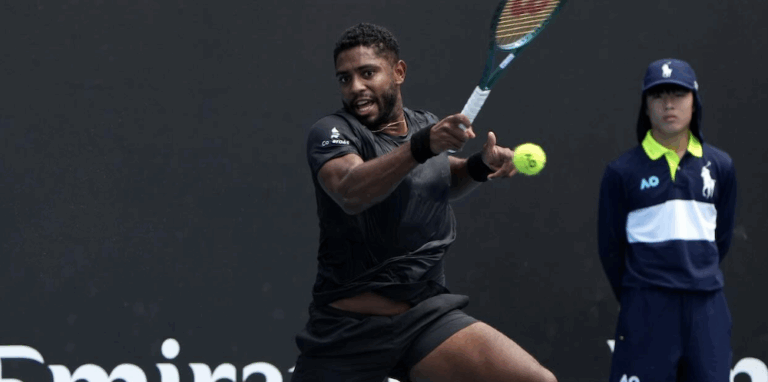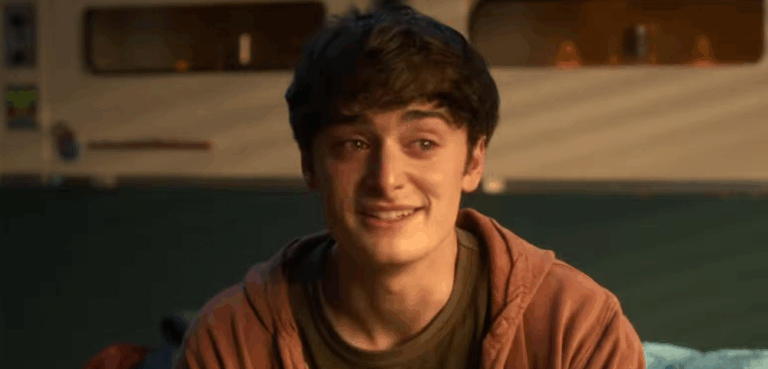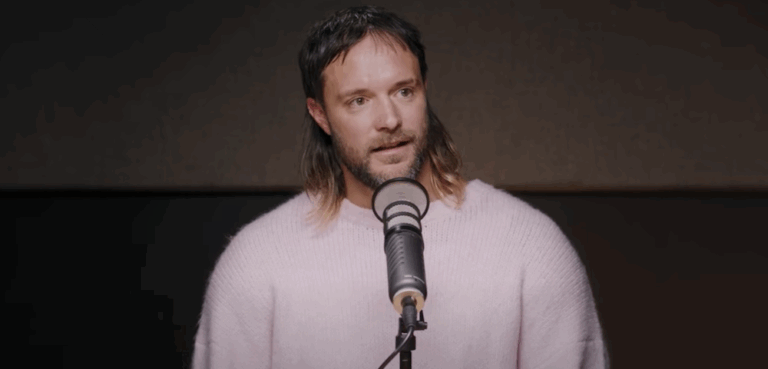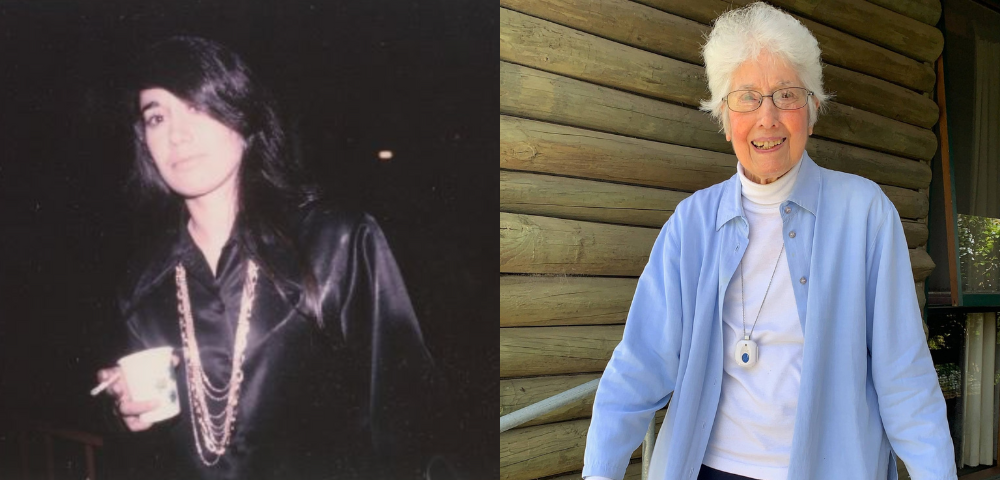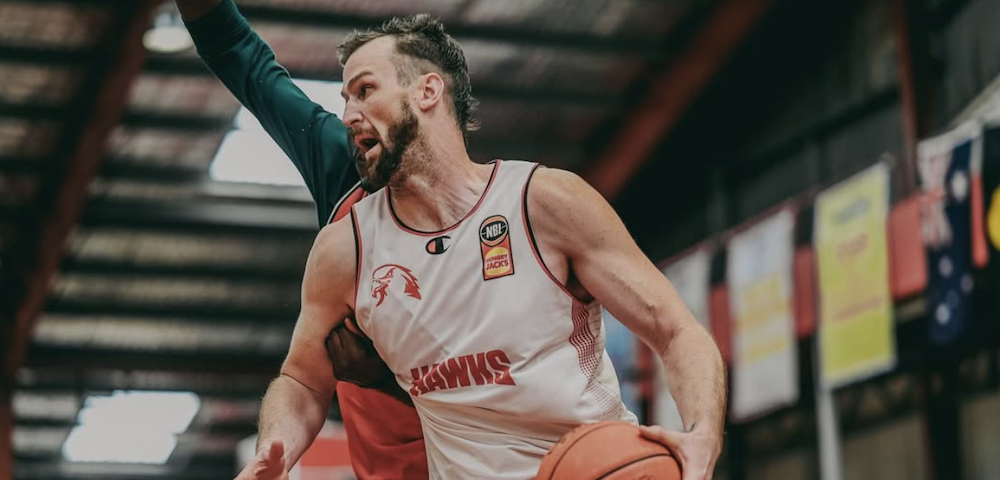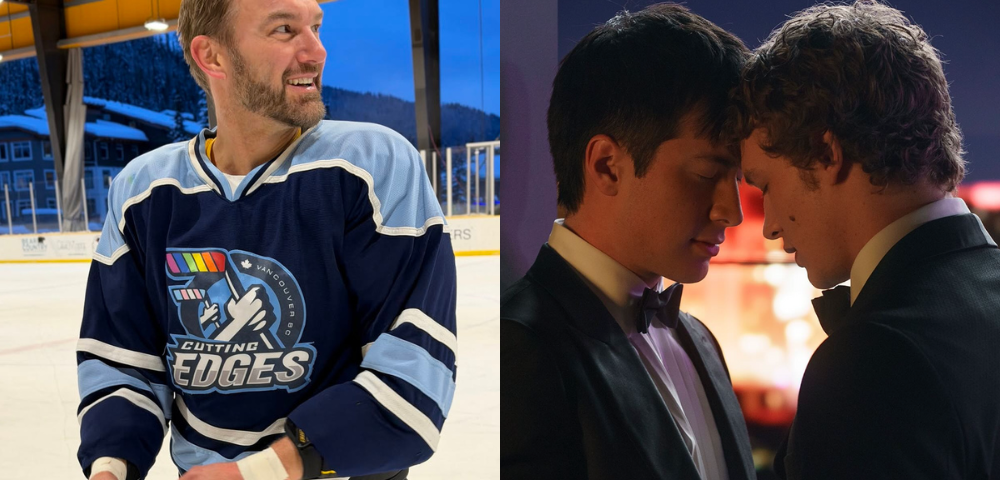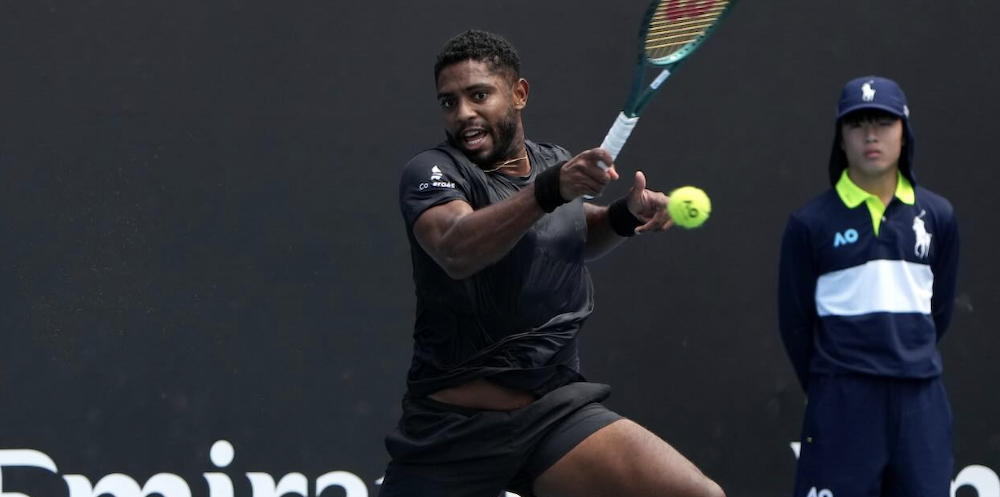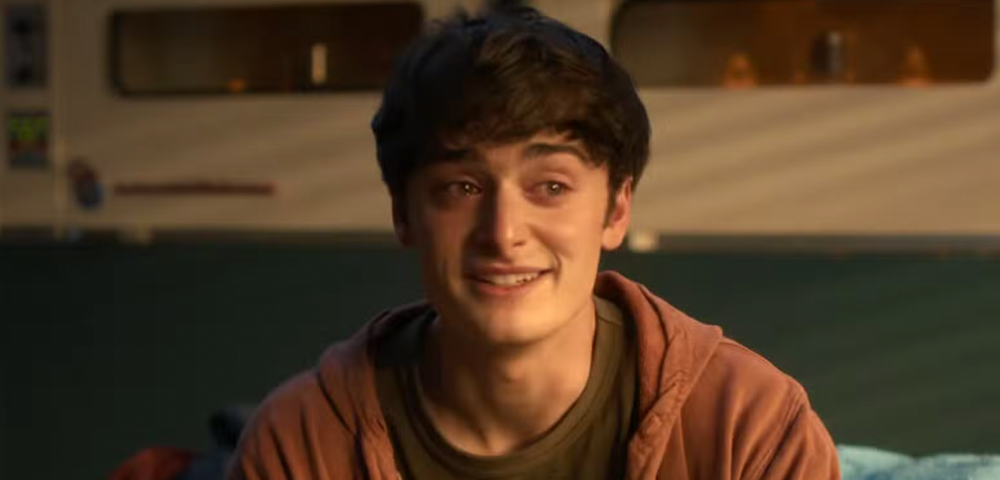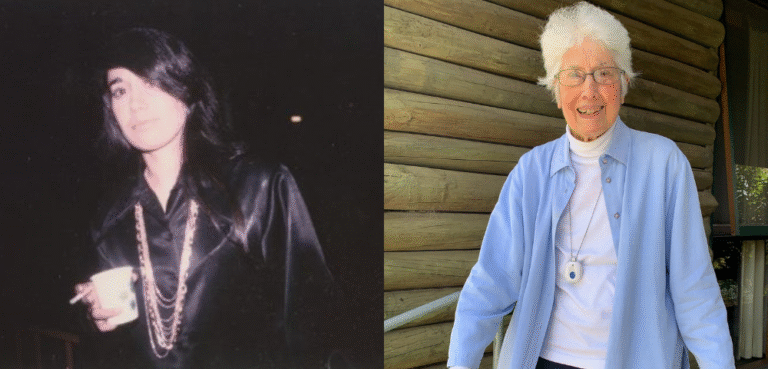
NRL Legend Ian Roberts Says Harder For Gay Male Players To Come Out Now
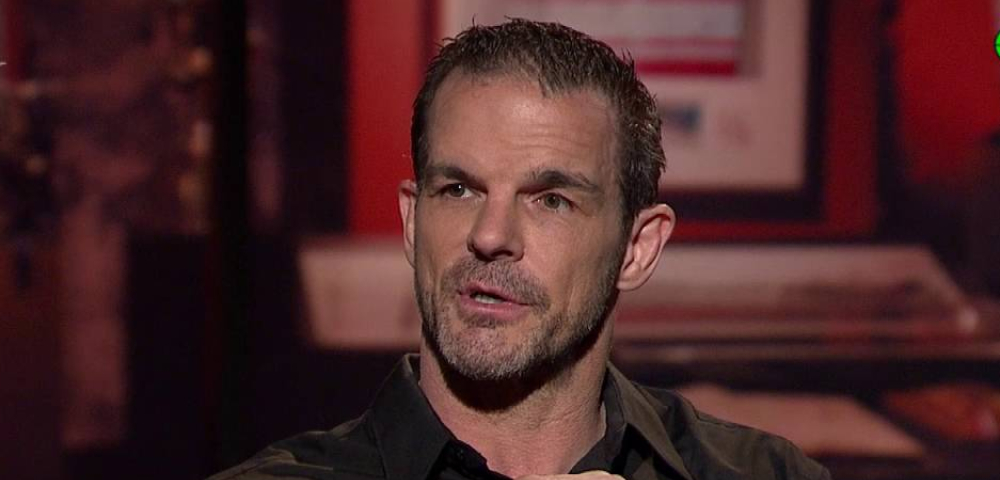
Former NRL star and Qtopia board member Ian Roberts has said that it’s much harder to come out now than it was when he did in the 1990s.
The rugby league legend came out as gay in 1995 and continued playing first-grade football for the Manly Sea Eagles and the North Queensland Cowboys before his retirement in 1998.
Trigger Warning: This story discusses suicide, which might be distressing to some readers. For 24-hour crisis support and suicide prevention call Lifeline on 13 11 14. For Australia-wide LGBTQI peer support call QLife on 1800 184 527 or webchat.
Described as the “best front-rower in the game” by Jack Gibson, Roberts made several State of Origin appearances as an NSW representative where the team won six of the nine games he played.
Roberts’ coming out journey will be featured in a new documentary on his life, Light: The Ian Roberts Story.
Roberts believes it’s harder for players to come out now, despite his coming out occurring at a time when being gay was still criminalised in Tasmania.
Impact Of Social Media
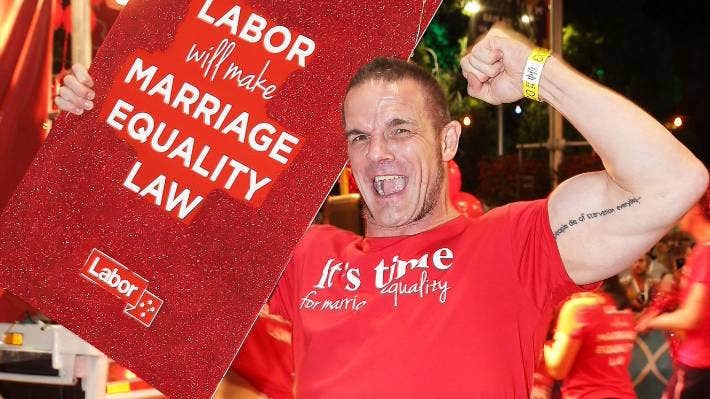
The Manly great explained that his belief that coming out would be difficult now was due to the role social media and technology played in today’s society.
“I honestly think maybe it would be harder to come out now. It’s so much more instant, there’s so much more media and hype on hand, because of everyone having phones [and opinions],” Roberts told Nine Newspapers.
Coming out was still perceived as a “weakness in men’s sport”, said Roberts.
Roberts reflected on his time as a prominent athlete in the late 80s and revealed that he had planned to come out in 89-90 when he first signed onto Manly, the same time in which English Premier League star Justin Fashanu came out and became the first male in a contact sport to be publicly out in England.
Without phones or the internet back then, Roberts stated that people watched and read the news instead where the homophobic comments made by supporters of football and the English press “brutalised” Fashanu.
“He [Fashanu] retired in ’94, the year I came out, and died of suicide in 1998. That story, the queer community still has such high percentages of self-harm and dying of suicide. I think, would it be easier now? I don’t know. Everything is so much more accessible now”, Roberts added.
The Manly 7
Last year, seven Manly Sea Eagles players refused to wear a rainbow-detailed jersey for the 20th round match which “celebrated inclusiveness”. The Manly 7’s refusal to don the jersey sparked a widespread public backlash, drawing criticism from members of the LGBTQI community and allies.
Roberts told The Daily Telegraph last year that the Manly 7’s decision to refuse to don the rainbow jersey made him feel “sad and uncomfortable”.
“As an older gay man, this isn’t unfamiliar. I did wonder whether there would be any religious pushback. That’s why I think the NRL has never had a Pride round.
Roberts told Fox Sports that he had lost friends to suicide and experienced the “consequences of what homophobia and transphobia – all the phobias – can do to people”.
The ex-Manly star described the pride round as not “a thing about exclusivity” but about “saying the LGBTQIA community are part of the greater community, and you are welcome here.”
He stated that the players’ decision would affect young people across the country.
“I can promise you every young kid on the northern beaches who is dealing with their sexuality would have heard about this,” he said.
